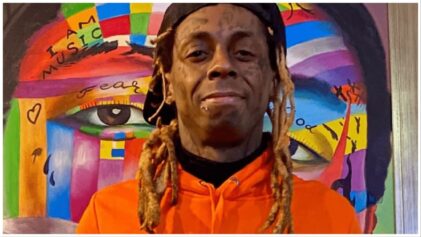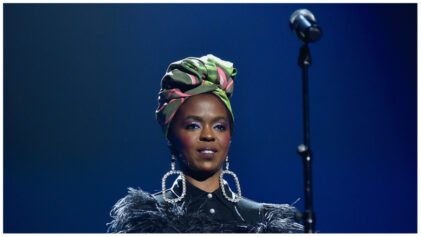Among the most important rap albums released over the last year or so, one contains a song about Nas’ complicated relationship with his teenage daughter. Another has a track in which Killer Mike outlines President Reagan’s contribution to the prison-industrial complex. A third disc finds Drake pondering the impossibility of real-life romantic connection in the age of the nip-slip Twitpic.
The title of Drake’s record, which last week won the Grammy Award for rap album? “Take Care.”
To say that hip-hop has evolved over the last 25 years — since the days when rappers such as Ice-T and Ice Cube were terrorizing the likes of Tipper Gore, who famously lobbied for the adoption of the Parental Advisory sticker — seems an almost-laughable understatement, equal to saying that the Internet has had some effect on the way we consume music. Once perceived as a site of uncut nihilism, hip-hop has made room, in a way that outsiders can’t ignore, for practicality and ambivalence and staunchly middle-aged concerns. Achievement too.
And it’s become more peaceful, at least on the surface. At a moment in which the depiction of violence in other forms of media appears increasingly graphic, much of the conflict in hip-hop has moved inward, its players fighting battles of ideas and emotions.
How did this happen?
In a sense the music forced itself to change. The back-to-back slayings of 2Pac and the Notorious B.I.G. (in 1996 and 1997, respectively) served terrible notice that gangsta rap — with its ever-intensifying cycle of threats and reprisals — had gotten all too real, a verbal arms race turned dangerously corporeal. No longer were rappers working in the shadowy in-between-world of showbiz persona, portraying characters on record but retreating to safety outside the studio.
Avatars of a gang-related West Coast-East Coast feud, Tupac Shakur and Christopher “Biggie Smalls” Wallace died the deaths of their alter egos — a dramatic indication that in music, as distinct from movies and television, the separation sometimes disappears between art and artist. Try to imagine Oliver Stone, who last year took up the horrific Mexican drug war in his film “Savages,” in anything approaching the same kind of jeopardy.
But the diminishing role of violence in hip-hop also reflects the genre’s shifting circumstance. One of rap’s central victories is that it can move freely now through subject matter; it doesn’t have to adhere to an enforced set of topics — at least not any more than country or R&B or rock ‘n’ roll has to. And that’s opened the music to artists without the kind of street experience that once seemed required of them.
Read more: LATimes


